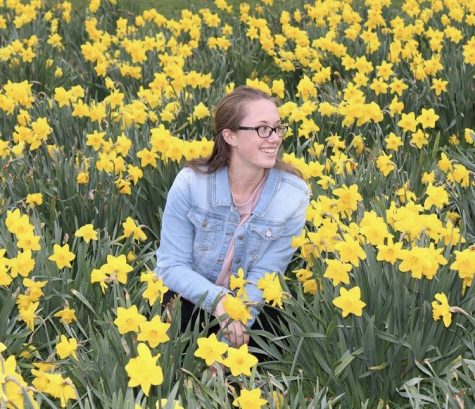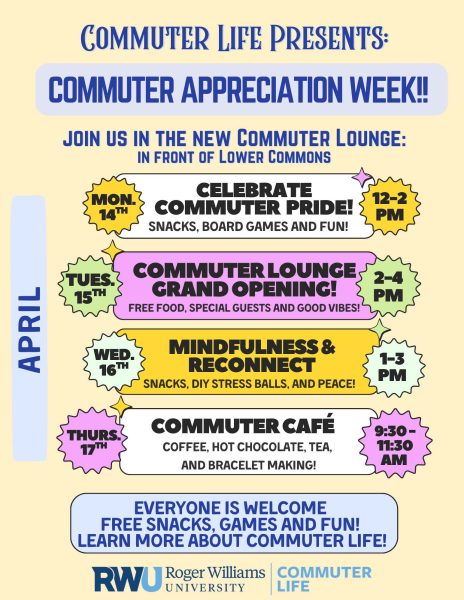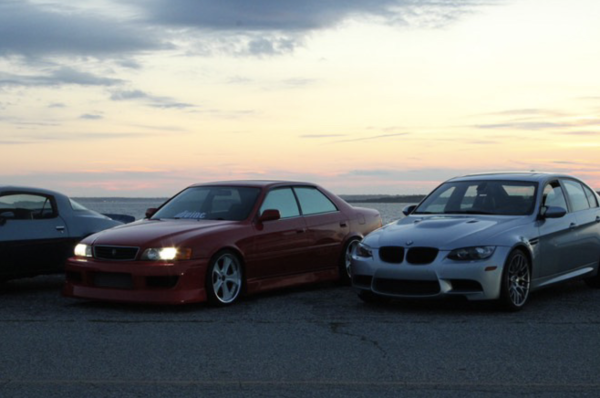RWU’s Musical Theatre Workshop adjusts to a new normal
As most students will soon prepare for online finals, those in Professor Nancy Rosenberg’s Music Theatre Workshop will prepare for a virtual cabaret.
Rosenberg’s workshop is a semester-long course where students come together to learn about musical theatre from the 1900s to the present. Weekly lectures go decade by decade and each Friday, three to five students sing a piece of music that fits what they learned earlier that week; this allows students to see how musical theatre develops over time. Usually, at the end of the semester, Rosenberg’s students prepare for a cabaret. This includes group numbers, duets and solos. Of course, with COVID-19, some of this had to change.
Over spring break, Rosenberg practiced using Zoom with a fellow music director friend from New York. They sang back and forth to see what they could manage.
“When my friend and I got together, we tried to sing around and it was hilarious. What happens is there is a half second to a two second delay,” Rosenberg said.
Rosenberg went on to explain what this meant in relation to her class.
“Say I’m playing a warm up, I can play it in my house, I hear them [the students] singing along to it a second late.”
Although she cannot accompany students, Rosenberg is learning to work with the internet’s lagging.
“Yesterday I tried listening to two people at a time. I’ve gotten better and better at blocking out my own piano playing and focusing on them. Hard to do. It was a little bit dicey,” she said.
Although she cannot accompany them during songs, Rosenberg helps students find a decent piano part from YouTube that they can sing with.
“It is amazing what is available online,” Rosenberg said.
On average, Rosenberg plays 40 different songs per week on the piano for students at RWU and Brown University. She uses this time to prepare singers for upcoming performances. Although her job relies heavily on piano accompaniment, her focus has now shifted to more theatrical elements of her students’ performances such as stance, tension in the jaw or head tilting.
Since the class is usually held in an enormous space and has a live audience made of students, the adjustment has been difficult. People usually notice every aspect of the performance and that is now harder to grasp when a student is in his or her room looking into a camcorder while singing.
Despite this, Rosenberg remains optimistic about putting on a final performance for the end of the semester.
“Now the issue of the cabaret which I would like to do is, instead of having a public cabaret I’d like them to prepare a song and in one classroom time invite family and friends to be in the audience of that Zoom meeting. Other people will be able to watch them sing so there is some feeling of the performer audience relationship,” Rosenberg said.
Despite the challenges students have faced, Rosenberg spoke highly of her students’ commitment to the class. They continue to show up, ask questions and try their best. Rosenberg makes it a point to check in at the beginning of each class to see how students are doing.
“Everyone is having a hard time focusing. What we notice is we can do it, but it’s not always as much fun. Doesn’t mean we can’t learn or that I’m not grateful to get up every day and meet with students. But it’s not the same,” Rosenberg said.

Emma Bartlett was the Hawks’ Herald Arts and Culture Editor — serving students with news about theater, visual arts, and dance performances on...




